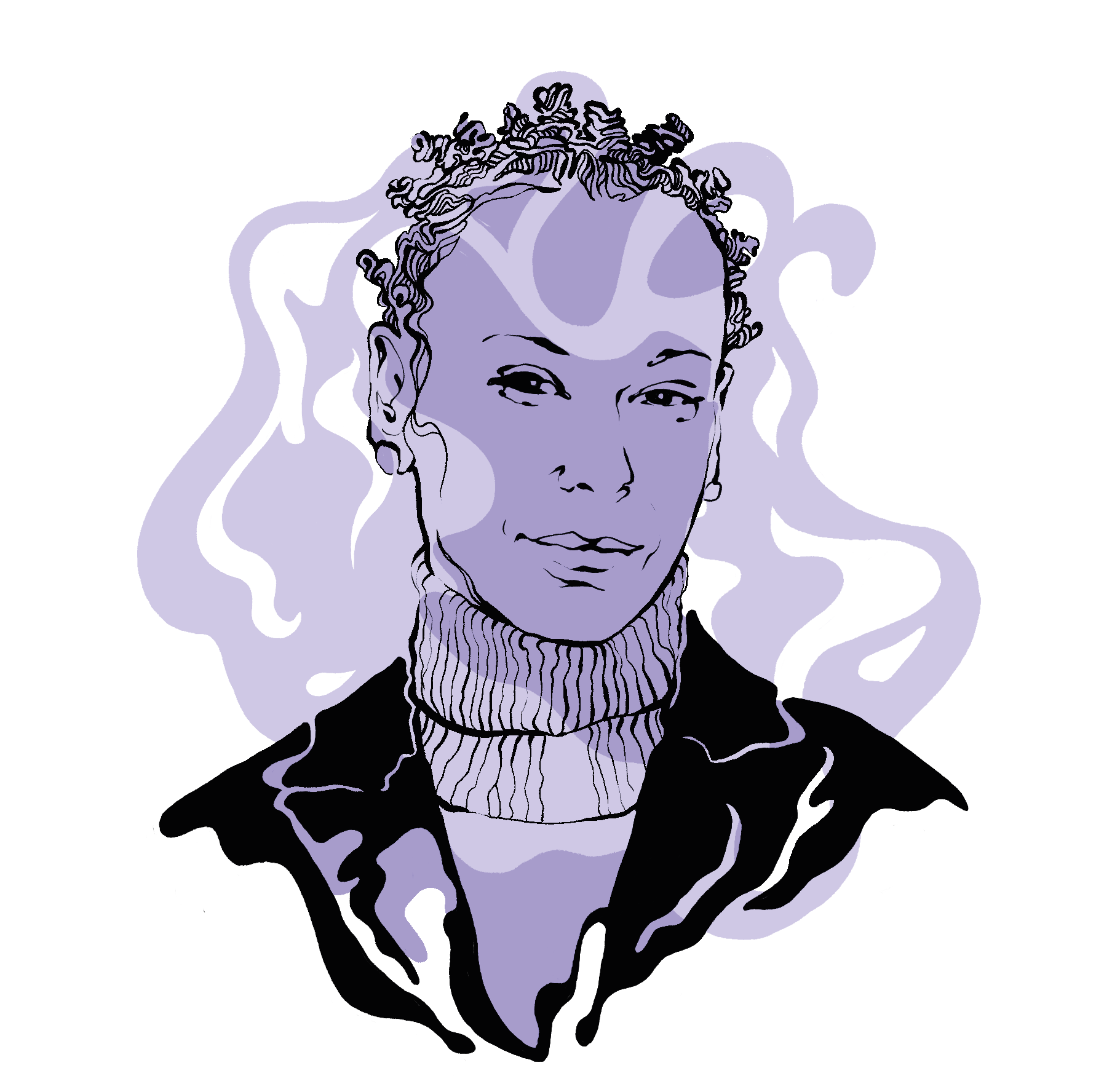Malika Saada Saar ’92 is a human rights lawyer currently serving as YouTube’s Global Head of Human Rights who previously served as Google’s Senior Counsel on Civil and Human Rights. Prior to joining Google, Malika was the founder and executive director of the Human Rights Project for Girls (Rights4Girls), an organization addressing gender-based violence in the United States. She was also selected by the Obama administration to serve on the Presidential Advisory Council on HIV/AIDS. She has been named one of the “150 Women Who Shake the World” by Newsweek and The Daily Beast. Malika Saada Saar holds a BA from Brown University, an MA in Education from Stanford University, and a JD from Georgetown University Law Center. She has been awarded the Roger Williams Award, Brown University’s highest alumni award, and Georgetown Law Center’s Robert F. Drinan Award for Public Service.
Anik Willig (AW): What led you to leave the nonprofit world to become YouTube’s Global Head of Human Rights Partnerships?
Malika Saada Saar (MSS): When I went to law school, I was set on doing solely human rights law within the nonprofit context. I felt that a human rights lawyer’s job was to sue folks in the private sector, not to work within the beast. It wasn’t until I heard a powerful speech by Paul Polman of Unilever, where he discussed how corporations must adhere to human rights standards, that I gave thought to the other side. Shortly after I heard this speech, I was given the opportunity to apply to Google.
My current work for YouTube involves strategizing how we can use the platform to advance human rights. For example, how do we create protections for human rights defenders that might be in harm’s way due to the use of our platform? How should we use the platform to center human rights issues not in mainstream conversations? This is my day-to-day work: Thinking through the implications of what YouTube use means from a policy and product end.
AW: How do you see technology functioning within systems of modern policing?
MSS: There’s no question that technology can be leveraged to surveil us and systemically deny our human rights and dignity. Tech can also document human rights violations. I often talk about Darnella Frazier, who recorded the murder of George Floyd, as the most recent powerful example of this. We can record abuse and share it on global platforms so the world can bear witness. When you’re trained as a human rights lawyer, you’re often told to document abuse because technologies are also human rights tools.
AW: What are your thoughts on the use of artificial intelligence (AI) and its potential to promote racial biases?
MSS: The danger around AI and other technologies is the reproduction and reinforcement of racial bias. That is why I emphasize the need for individuals with human rights backgrounds to be in tech, so we can assess the ways AI can advance from a rights-based perspective. If we are not part of that development, then we are in danger of promoting technologies that are reproducing existing biases. We can innovate in a way that expands human rights as opposed to jeopardizing them.
AW: You began Project Witness, an initiative using virtual reality (VR) to create an immersive experience into the conditions of solitary confinement. How did this come about, and what are the future possibilities of tech innovation?
MSS: Before starting the project, my team knew that most people are not familiar with what a prison looks like, or what the experience of a child in prison is like. We worked with organizations that are trying to end the incarceration of children in adult jails. We used virtual reality to scale the prison walls and allow everyday citizens and policymakers to understand what it means to incarcerate a child and to put them into solitary confinement. VR really gives you this full experience. There are many opportunities to take something like VR and use it as a tool of understanding and innovation.
AW: How can everyday citizens help make human rights visible through technology?
MSS: The idea that all of us can be citizen journalists, or digital defenders, is critical. We see this playing out in Iran. So much of the footage we have of abuses occurring in Iran is because individuals have been brave enough to capture content showing abuses happening against protesters and human rights defenders. We must understand the importance of being digitally literate and interacting with tech in a way that protects human rights. The conversation is not limited to how we can fight for better policies, but also includes how we can fight for better technology as well.
*This interview has been edited for length and clarity
